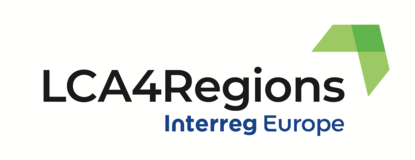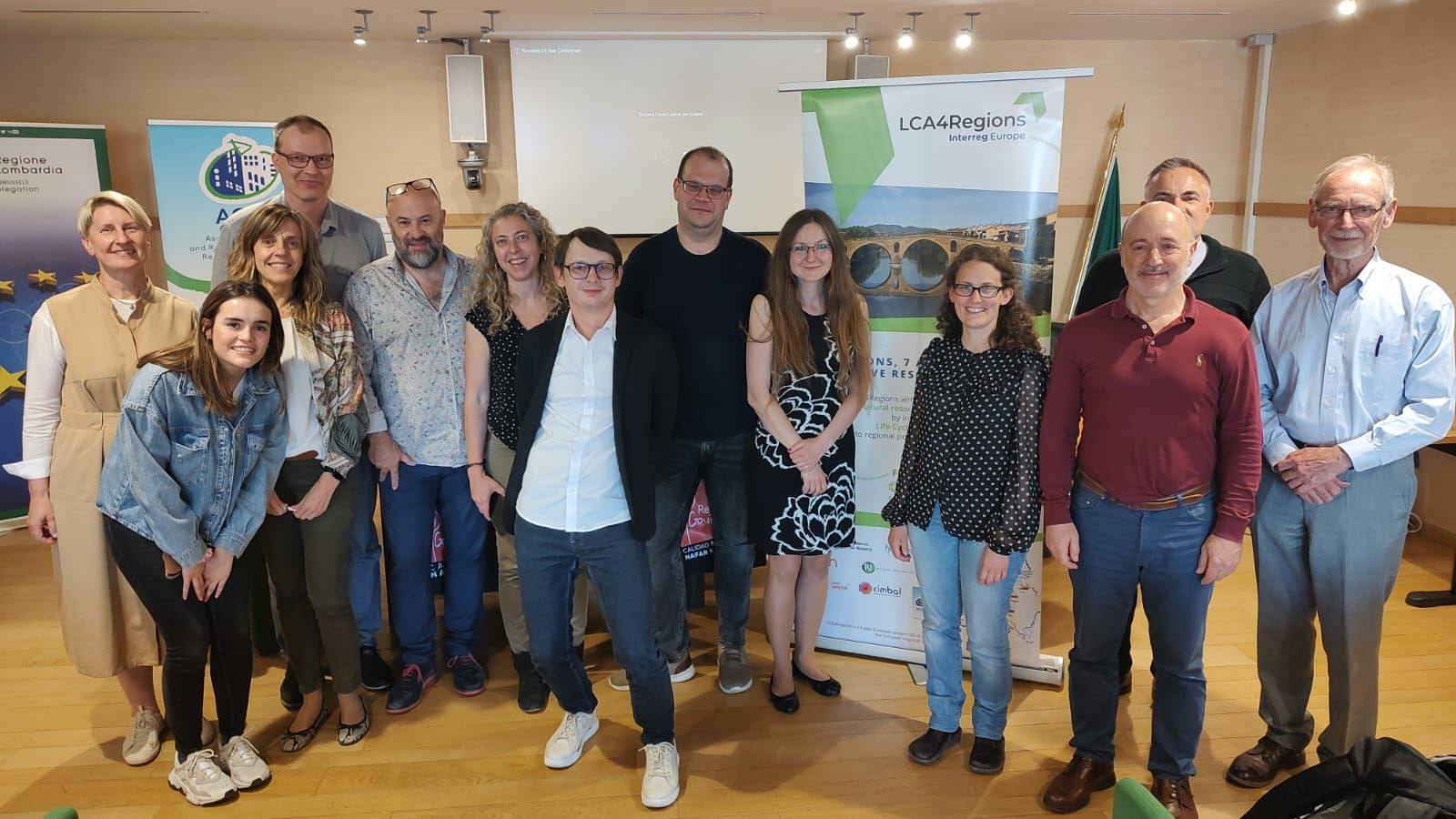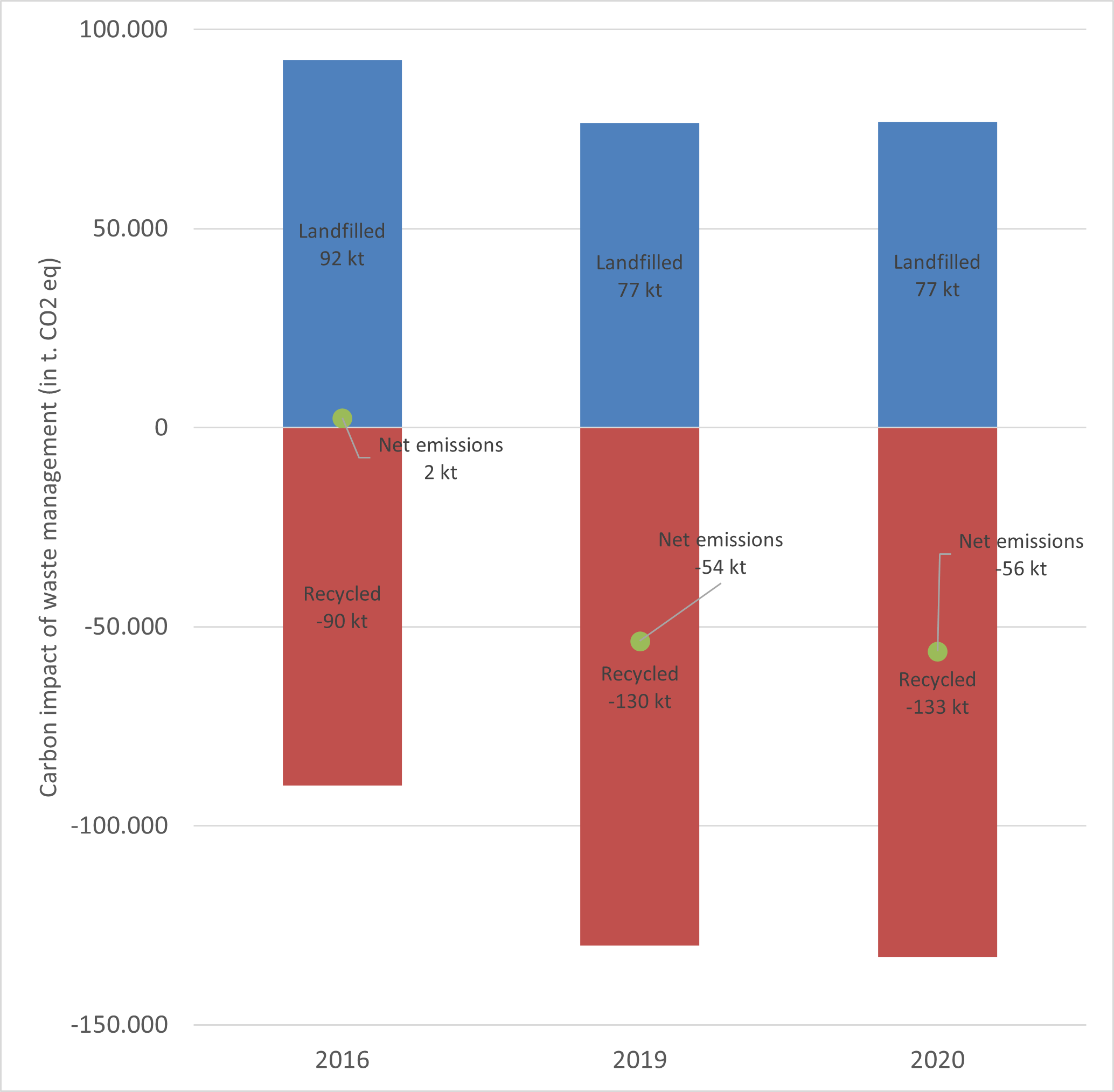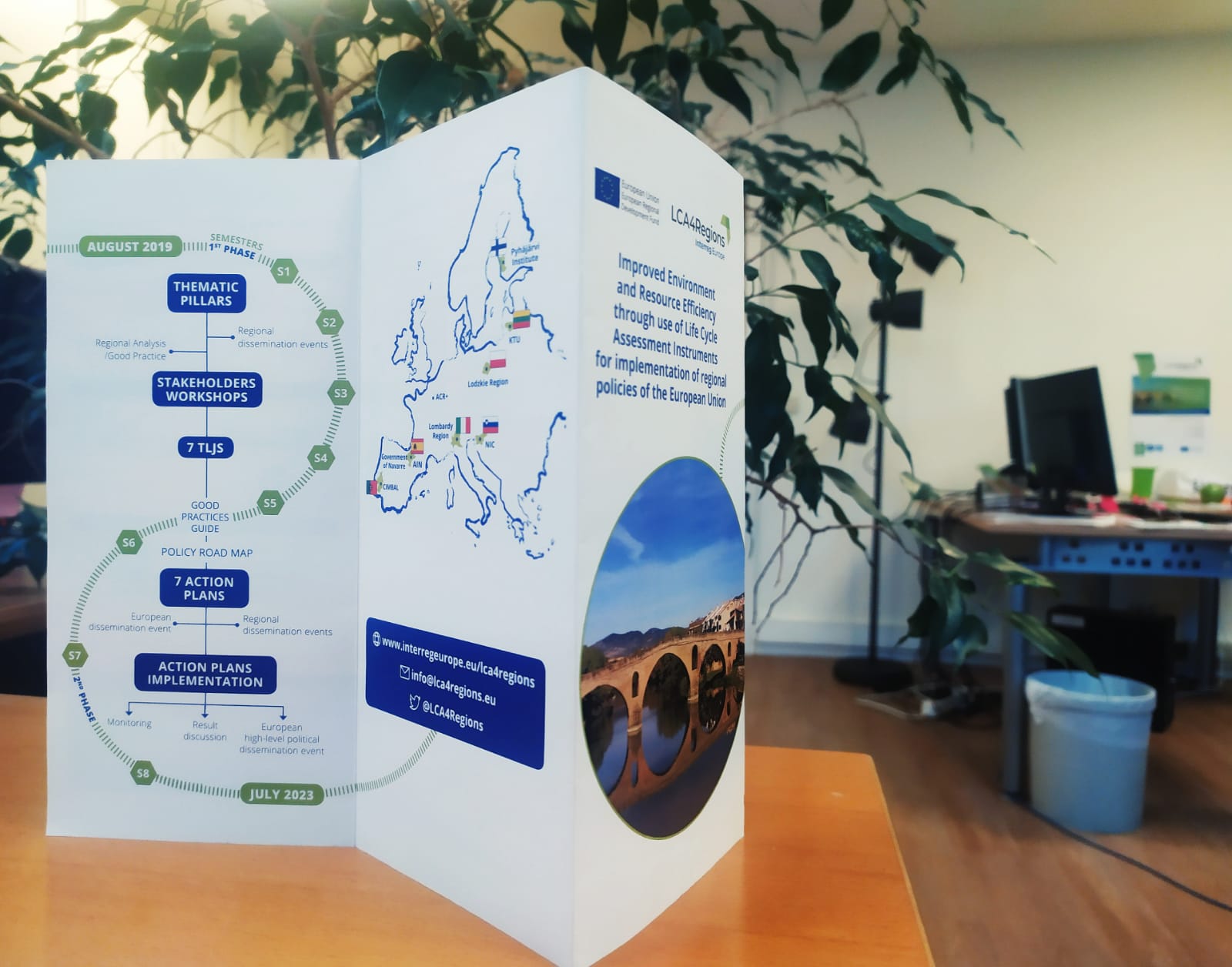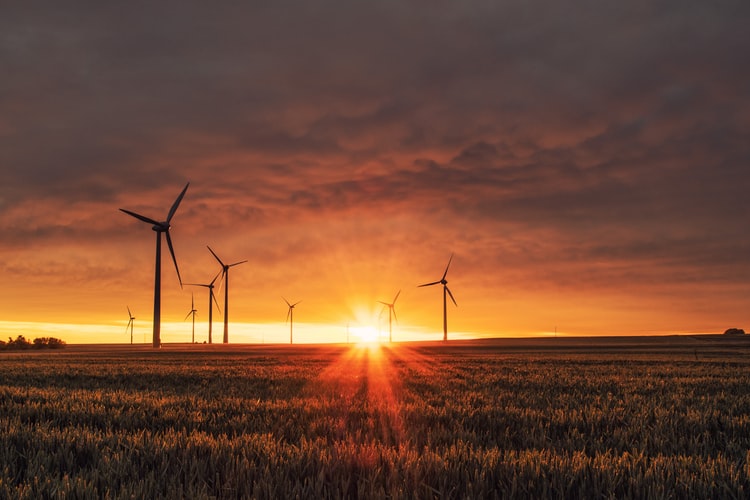On 2nd of March 2021 the LCA4REGIONS partners met virtually for a Peer Review session to discuss local policy instruments. The Peer review session agenda consisted of a presentation on policy instruments in Lithuania, discussion with partners and experts, Q&A and a wrap-up section.
The Peer Review session followed up a presentation on policy instruments in Lithuania explaining the main policy strategies and SWOT results regarding LCA.
The main policy strategy is to take the country on the same sustainable development level as the EU-27 average as at the moment it‘s still not close to it in terms of the investment into sustainable and eco-inovation. During the presentation it was also discussed the Lithuanian’s progress strategy “LITHUANIA 2030” showing that recently many business started to be more responsible for their impact on their community, the regional and national development and environment, and not only this but also natural resources have started to be used very rationally in order to reduce the environmental pollution and preserve natural biodiversity. Regarding the National environmental protection strategy, four priorities areas are defined: sustainable use of natural resources and waste management, improvement of the quality of the environment, maintenance of ecosystem stability, mitigation of climate change and adaptation to environmental changes caused by climate change.

The SWOT analyses regarding LCA in Lithuania are showing that, there are not a lot of companies that understand the LCA methodologies as there are no resources nor trainings available for them to analyse the product life cycle. Besides this, there is very low awareness of its benefits and there are not enough promotional actions by National Government. To convert these weaknesses into strengths, there are some suggestions made such as including trainings that can improve the LCA opportunities, government recognition and requirements for LCA and EPD in order to improve the visibility of life cycle approach. In addition, focus on holistic studies in key sectors like food, buildings, energy and transport, introducing the use of LCC in contracting and purchasing and, also creating a center of excellence in LCA.
Afterwards, the 3 observation points on Peer Review Methodology were discussed. The first one was observing adequacy of policy instruments in Lithuania for improving resource efficiency, then observing sufficiency of life cycle methods in applying policy instruments, and finally, observation on one Lithuanian experience that could be replicated in other regions.
According to the observations on the overall use of policy instruments in Lithuania, there is high potential for eco-innovation and sustainable/circular business models and high internal coherence of actions and priorities.In addition, a clear focus on innovation and new technologies, policy cohesion, positive attitude to development, government support and a lot of plans and strategies regarding resource efficiency and environment protection. The observations on extent and sufficiency of life cycle methods listed that there is lack of experts, but there are highly qualified human resources with a potential to learn and manage life cycle thinking of products, services and organizations. There is also lack of LCA promotion and no mention of life cycle methods. While the observations on one Lithuanian experience that could usefully be replicated in your region, partners have shared that the deposit system of the beverage packaging requires the establishment of appropriate national law, but the positive part is that 90% of beverage packages is recycled, keeps public spaces clean and motivates people to return the beverages packaging. The utilize LCA for product development in industry to develop environmentally friendly techniques and non-toxic chemistry systems and substitution of hazardous substances in process industry using results of life cycle assessment, were practices well-accepted and could be applied in other regions as well.
